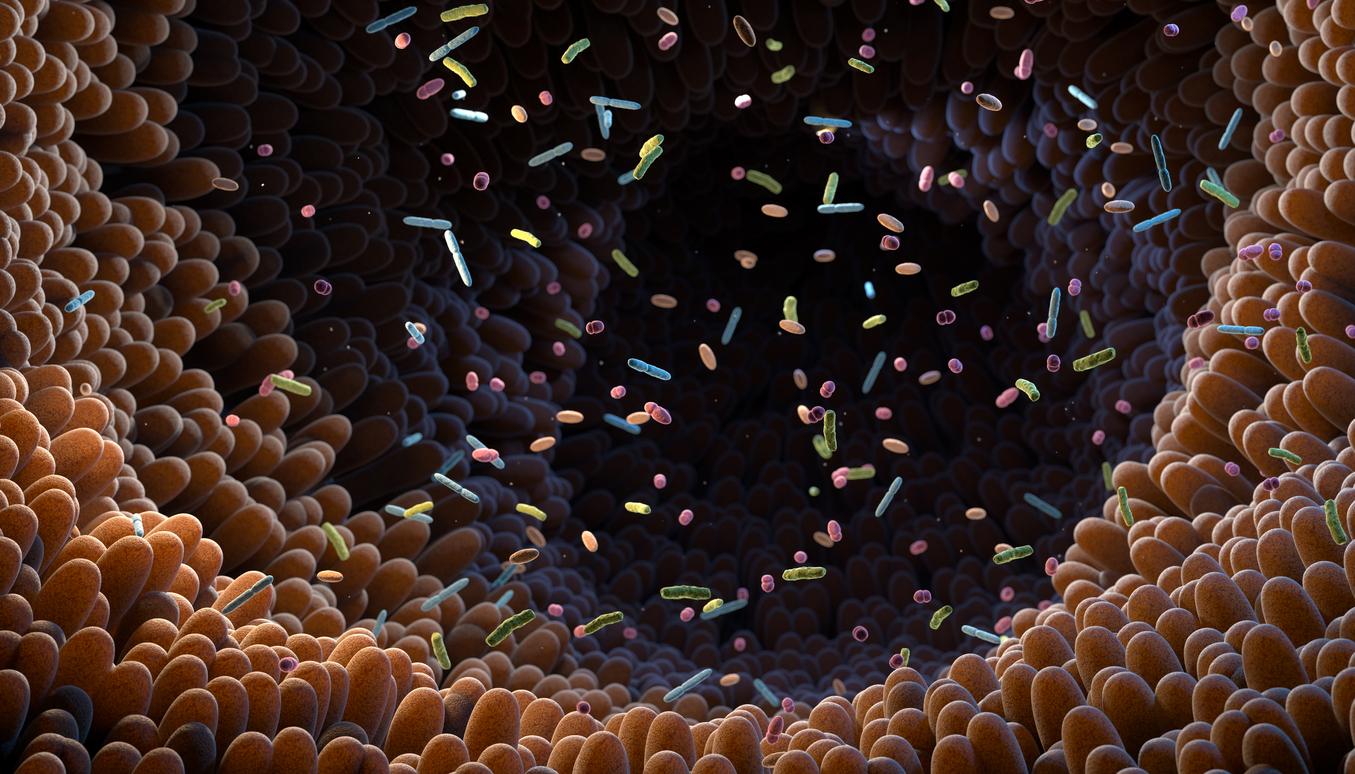New breakthrough in ovarian cancer. Mayo Clinic researchers have found a link between the disease and the composition of the microbiota present in the reproductive system.

- 5,200 new cases of ovarian cancer were diagnosed in France in 2018. It is the 8th most common cancer in women.
- Ovarian cancer remains silent for a long time. Symptoms usually appear when the tumor has reached an advanced stage.
- The most common signs of ovarian cancer are transit disorders (bloating, nausea, etc.), gynecological problems (disturbance of menstruation, abnormal vaginal discharge, etc.), pelvic pain or a feeling of heaviness in the abdomen.
The work revealed by Mayo Clinic researchers in the journal Scientific Reports ensure that the bacterial composition of the microbiome of the reproductive system can be an indicator of the risk of ovarian cancer. The species present as well as their volumes would make it possible to establish the diagnosis and the prognosis of the patients.
Ovarian cancer: the microbiota would allow earlier diagnosis
The researchers analyzed samples of microbiota from the reproductive tract of 30 women who underwent hysterectomy for ovarian cancer and 34 patients who had this operation for another condition.
“We found a clear pattern that reveals that women with early-stage ovarian cancer have a significantly higher accumulation of pathogenic microbes compared to women with other advanced-stage disease”explains Pr Abigail Asangba, researcher at the Center for Individualized Medicine at the Mayo Clinic.
“In later stages, the number of microbes fades. This strong signal could potentially help us diagnose women earlier and save lives. The same way a non-invasive Pap test is used to detect cancer of the cervix.”
The microbiota could also give indications on the prognosis. Women who had a higher accumulation of disease-causing microbes performed worse than those who did not.
Ovarian cancer: certain bacteria would increase the risk
Analysis of the samples also revealed that the intimate microbiota of women with ovarian cancer included specific pathogenic bacteria. The team notably identified Bacteroides (formerly known as Dialister, Editor’s note), Corynebacterium, Prevotella and Peptoniphilus.
“These bacteria are known to be associated with other diseases, including other cancers, but further studies are needed to find out if they contribute to ovarian cancer”explains Professor Marina Walther-Antonio.
The scientist ensures that the identification of microbiome signatures would make it possible to predict the risk of developing malignant tumors in the ovaries and thus to act very early on in the disease.

















